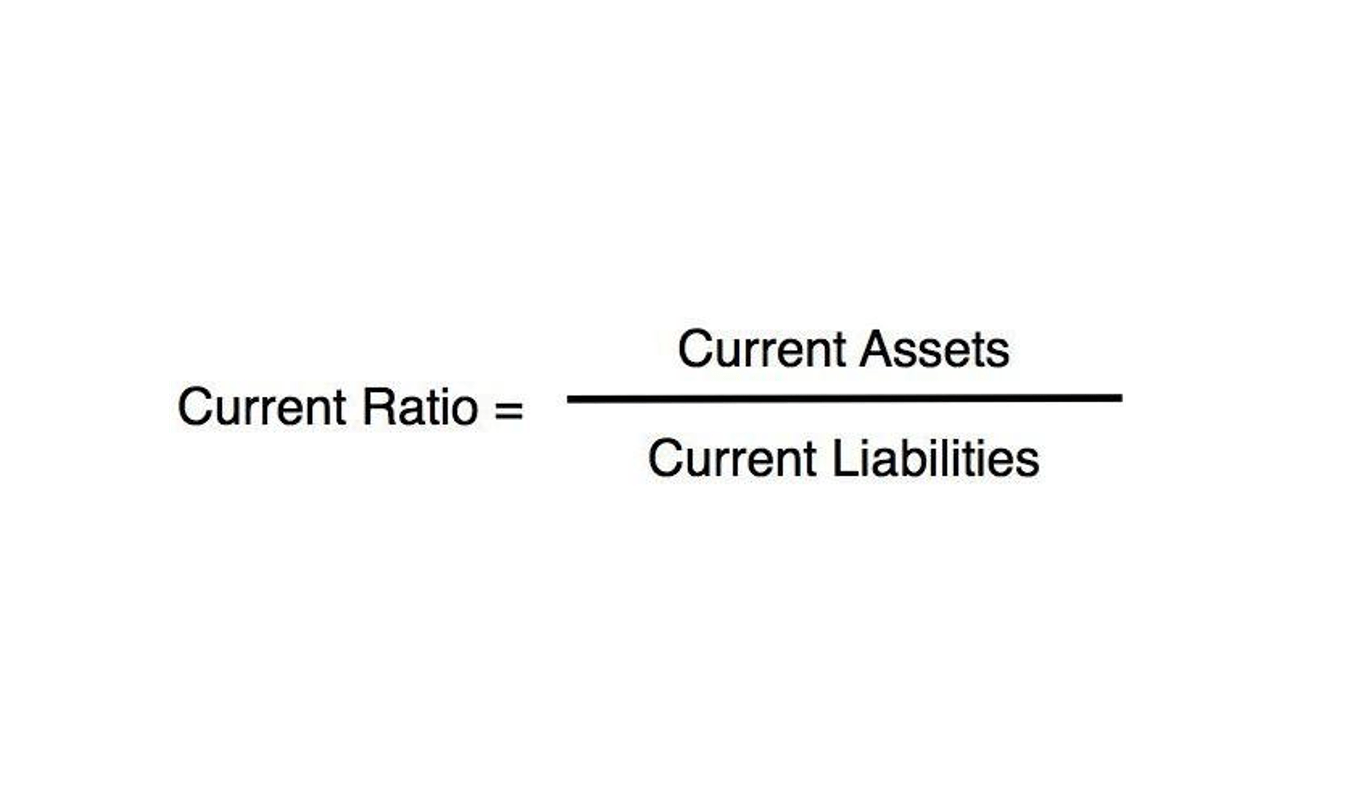Overtime Payment Rules Labour Law on Overtime in India

The permit may also exempt the employer from the «day of rest» requirement. Obtaining a permit does not exempt the employer from the obligation to pay overtime. Hence, an employee is entitled to his daily wage, 13th month pay, among others. Otherwise stated, the rules on overtime pay apply to both daily-paid and monthly-paid employees. State and federal FLSA overtime pay laws exist to protect employees from being overworked and underpaid. As an employer, overtime helps you maintain a happy and productive workplace.
What happens if the employee works overtime on rest days?

There are limitations to the amount of overtime work an employee can legally do. According to Malaysia’s Employment Regulations 1980, employees can work up unearned revenue to 104 hours every month. Overtime pay is the extra money you receive when you do overtime work past your regular hours. Companies usually pay overtime at a fixed hourly rate, which they calculate based on your salary. You may qualify for overtime depending on your contract and regular weekly hours.
Hourly paid employees
However, for those working in an employment which is not governed by overtime laws for salaried employees, they may have to wait for the upcoming and updated labour codes in India. As per the Section 59 of Factories Act, 1948, a person is entitled to be paid overtime wages twice his ordinary rate of wages in case he/ she is required Accounting for Churches to work for more than 9 hours a day or more than 48 hours in a week. The wages mentioned here is equivalent to the basic wages along with allowances, but does not include any bonus or other overtime wages. In case a worker is paid on a ‘piece rate’ basis, time rate will be calculated on the basis of previous month and the amount of overtime wages will be calculated accordingly.

Overtime pay on a public holiday

One should take note of the fact related to state laws that the overtime rules in Gujarat may not be identical to the overtime payment rules in Maharashtra or any other state. An employer who requires or permits an employee to work overtime is generally required to pay the employee premium pay for such overtime work. Employees covered by the Fair Labor Standards Act (FLSA) must receive overtime pay for hours worked in excess of 40 in a workweek of at least one and one-half times their regular rates of pay. The FLSA does not require overtime pay for work on Saturdays, Sundays, holidays, or regular days of rest, unless overtime hours are worked on such days. To calculate overtime rates correctly, employers need to take in a lot of factors other than the hourly rate. This regular rate encompasses not just their hourly wage but also includes the value of non-discretionary bonuses, shift differentials, and certain other types of compensation.
Employees on a fluctuating salary

After a re-examination how much is overtime pay of the facts, we rule that the Complainant unjustifiably refused to render overtime work despite a valid order to do so. The totality of his offenses against the Complainant R.B. Michael Press shows that he was a difficult employee. His refusal to render overtime work was the final straw that broke the camel’s back, and, with his gross and habitual tardiness and absences, would merit dismissal from service.

If the rest day is not a Sunday, your employer should prepare a monthly roster and inform you of the rest days before the start of each month. The working hours of a highway or city motor vehicle operator cannot be averaged. In one work week, she worked 50 hours and was paid $1,250.00 in hourly wages plus $200.00 in commissions. They both worked 48 hours this work week and each received a total of $900.00. Suppose Ben is hired on the understanding that he will be paid $750.00 a week for a regular work week of 40 hours.
- Knowing the legal resources and recourses available can empower employees to uphold their rights and enable employers to maintain compliance with the law, thereby contributing to a fair and just workplace.
- Employers can apply for an exemption if they require employees to work more than the 72 hours of overtime in a month.
- Starting July 1, most salaried workers who earn less than $844 per week will become eligible for overtime pay under the final rule.
- However, most full-time employees are eligible for overtime compensation.
- If your employer requires you to be at their disposal during the break period, the employee must be paid for the break.
- However, an employee does not usually receive overtime pay nor premium pay because they are conditioned on whether overtime work was done or whether work was performed on a rest day or special non-working day.
Different workweeks may be established for different employees or groups of employees. Normally, overtime pay earned in a particular workweek must be paid on the regular pay day for the pay period in which the wages were earned. An employee who is paid on an hourly basis may perform, in one work week, two types of work, each of which attracts a different hourly rate. In that case, the employee has two regular rates and, as a result, the overtime rate for each hour of overtime is based on the regular rate that applies to the work performed in that hour.
